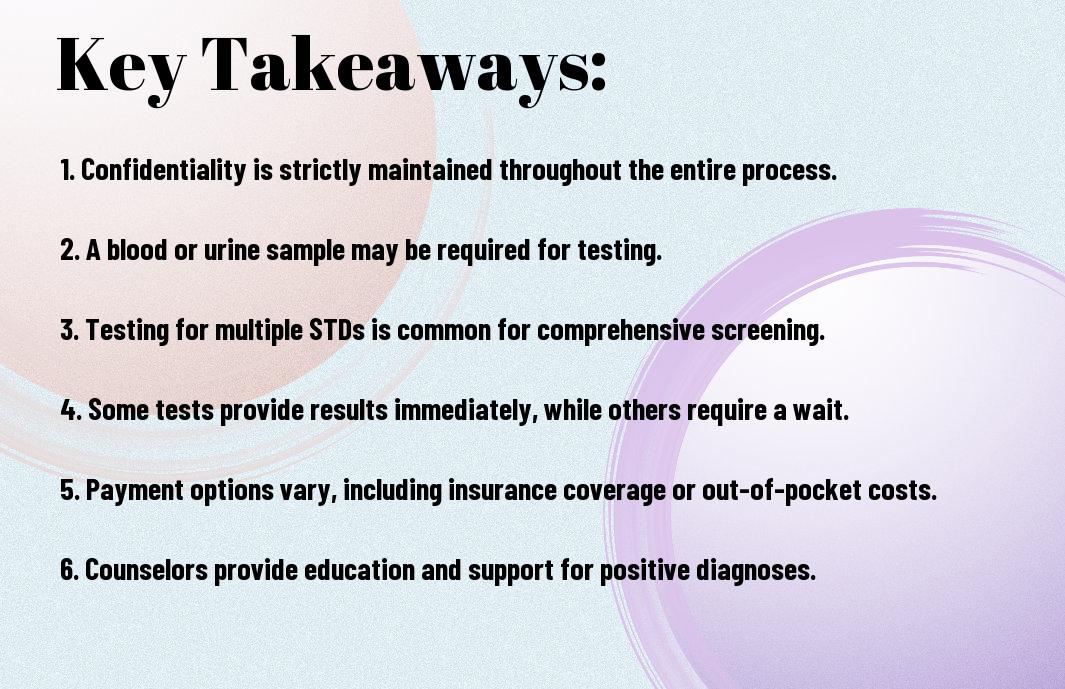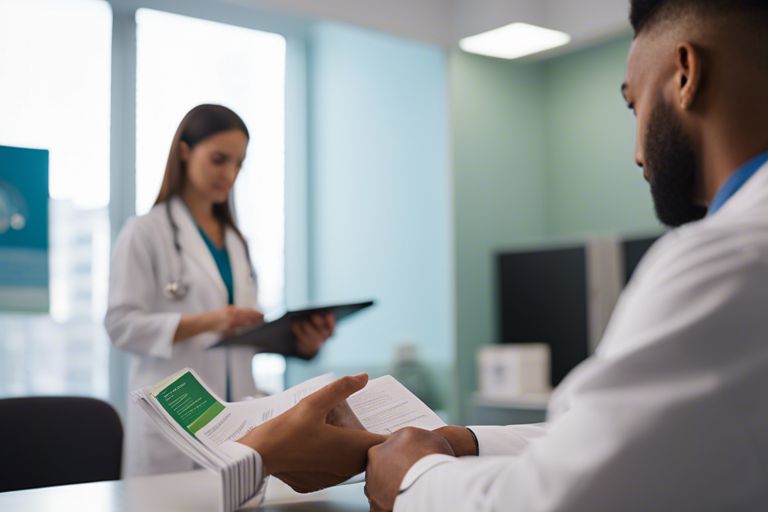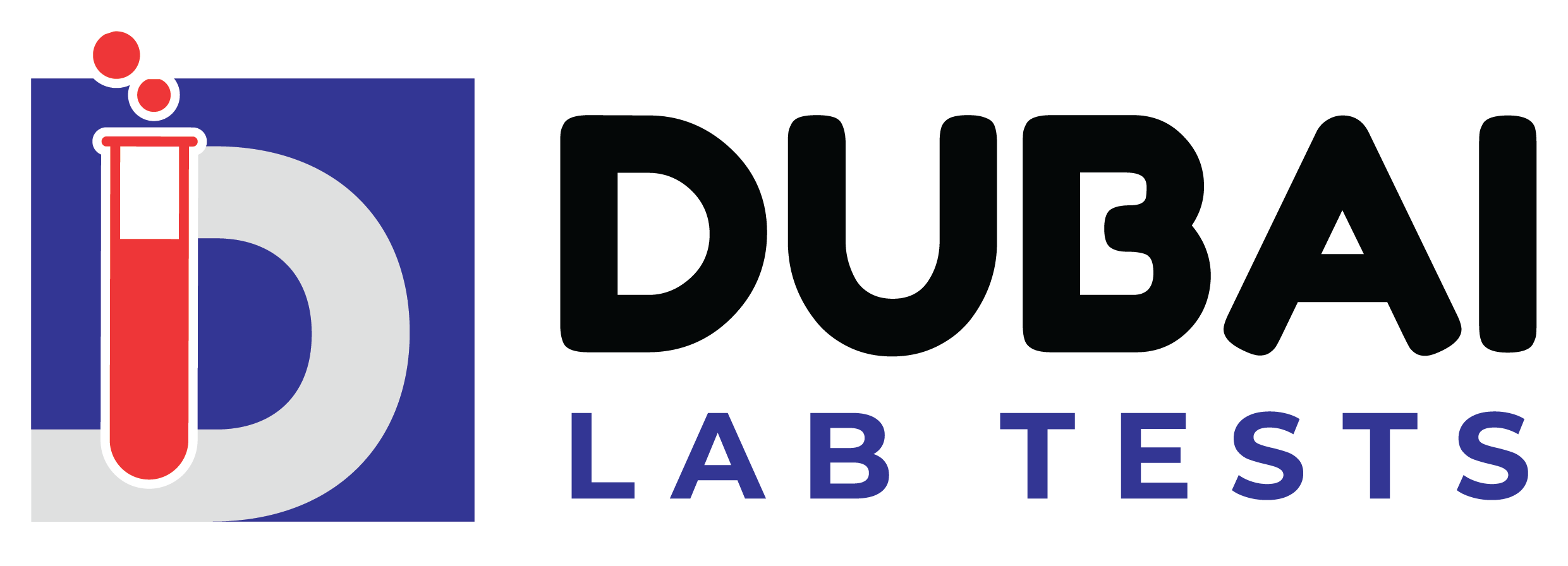You may feel apprehensive about your STD testing appointment, but knowing what to expect can help ease your concerns. During the appointment, a healthcare provider will take a medical history, discuss STD risks, and determine which tests are necessary. Tests may include blood or urine samples, swabs of genital areas, or a physical exam. Results can typically be expected within a few days to a week, and remember, early detection and treatment are key to maintaining your sexual health.
Key Takeaways:
- Confidentiality: Your STD testing appointment should be conducted with strict confidentiality to protect your privacy.
- Testing Procedures: The healthcare provider will explain the testing procedures and make you feel comfortable throughout the process.
- Types of Tests: Depending on your sexual history and symptoms, different types of tests may be conducted, including blood tests, urine tests, or swab tests.
- Results Timeline: The results of your STD tests may take a few days to a week to come back, and the healthcare provider will discuss the next steps with you.
- Counseling and Support: If you test positive for an STD, the healthcare provider will provide counseling and support, including information on treatment options and prevention strategies.

Preparing for Your Appointment
Gathering necessary documents and information
For your STD testing appointment, it is necessary to gather all necessary documents and information beforehand. This includes your identification, insurance card (if you have one), any relevant medical history, and a list of any current symptoms you may be experiencing. Having these documents ready will help streamline the check-in process and ensure that the healthcare provider has all the information needed to provide you with the best care.
The Fasting and medication guidelines
The fasting and medication guidelines for STD testing vary depending on the type of test being conducted. It is important to follow any specific instructions provided by your healthcare provider to ensure the accuracy of the results. In general, fasting may be required for certain tests, so be sure to ask your healthcare provider about any restrictions before your appointment.
Documents such as a list of current medications you are taking, including over-the-counter supplements and vitamins, are crucial for the healthcare provider to have a complete picture of your health. This information will help them make informed decisions about the most suitable tests and treatments for you.

What to Expect During the Appointment
Any What to Expect and How to Prepare for STD Testing starts with a series of questions about your sexual health history and potential exposure to sexually transmitted diseases. Depending on your answers, the healthcare provider will recommend the appropriate STD tests. The testing process typically includes blood tests, urine tests, and physical exams.
The testing process: blood tests, urine tests, and physical exams
Urine tests are common for diagnosing STDs like chlamydia and gonorrhea. You may be asked to provide a urine sample in a cup for analysis. Blood tests are used to detect infections like HIV, syphilis, and hepatitis. In some cases, a physical exam may be necessary to check for visible signs of genital warts, sores, or discharge.
Types of STDs being tested for
STDs that are commonly tested for include chlamydia, gonorrhea, syphilis, HIV, hepatitis B, hepatitis C, herpes, and HPV. Each STD requires specific tests for accurate diagnosis. Perceiving early detection is crucial for timely treatment and prevention of complications.
| Chlamydia | Gonorrhea |
| Syphilis | HIV |
| Hepatitis B | Hepatitis C |
| Herpes | HPV |
Discomfort and pain levels during the test
Any testing discomfort during STD testing is typically minimal. Blood tests may involve a quick needle prick, while urine tests simply require providing a sample. Physical exams may cause mild discomfort but are usually brief. It’s important to communicate any concerns or anxieties with the healthcare provider for a more comfortable experience.
Common Tests and Procedures
Chlamydia and gonorrhea tests
On your STD testing appointment, you can expect to undergo tests for common sexually transmitted infections like chlamydia and gonorrhea. These tests usually involve a urine sample or a swab of the genital area. It’s a quick and straightforward process that can help detect these infections early on.
Chlamydia and gonorrhea are two of the most common sexually transmitted infections worldwide. If left untreated, they can lead to serious health issues such as pelvic inflammatory disease and infertility.
HIV and syphilis tests
Any comprehensive STD testing appointment will include tests for HIV and syphilis. These tests may involve a blood draw or a swab of the inside of your mouth. Testing for HIV and syphilis is crucial as early detection can greatly improve treatment outcomes and quality of life.
Tests for HIV and syphilis are important because both infections can have serious long-term consequences if left untreated. Early detection and treatment are key to managing these infections effectively.
Herpes and HPV tests
To complete your STD testing appointment, you may also undergo tests for herpes and human papillomavirus (HPV). These tests may involve a physical examination, a swab of any sores, or a pap smear for HPV testing. Detecting these infections early can help you manage your health effectively.
Testing for herpes and HPV is important as these infections can have long-term implications for your health. While there is no cure for herpes, early detection can help manage symptoms effectively. HPV testing is crucial as certain strains of the virus can lead to cervical cancer.
What Happens After the Test
Now that you’ve completed your STD testing, it’s important to understand what happens next. After the test, there are several key steps to expect, including a waiting period for results, how the results will be communicated to you, and any follow-up appointments or next steps that may be necessary.
Waiting period for results
Results: After your STD test, there is typically a waiting period for the results to be processed. This waiting period can vary depending on the type of test conducted and the laboratory’s turnaround time. It’s important to remain patient during this time and avoid jumping to conclusions before the results are available.
How results will be communicated
Test: Once your results are ready, they will be communicated to you by the healthcare provider or clinic where you took the test. This communication can be done in person, over the phone, or sometimes through secure online portals. It’s crucial to follow the instructions provided by the healthcare provider on how to access your results.
With advancements in technology, some clinics now offer the option to receive results through secure online portals. This can provide a convenient and confidential way to access your results from the comfort of your own home.
Follow-up appointments and next steps
Results: Depending on your test results, the healthcare provider may recommend follow-up appointments or next steps. This could include additional testing, treatment options, or counseling services. It’s important to communicate openly with your healthcare provider and follow their guidance to ensure your health and well-being.
communicated effectively between you and your healthcare provider to address any concerns, questions, or follow-up care that may be needed. By staying proactive and informed, you can take control of your sexual health and make informed decisions moving forward.
Confidentiality and Privacy
After getting tested for STDs, many individuals may have concerns about the confidentiality and privacy of their information.
Who will have access to your results
An important aspect of STD testing is ensuring confidentiality. Generally, only authorized healthcare providers involved in your care will have access to your results. These providers are bound by strict confidentiality laws and ethical standards to protect your privacy.
How your information is protected
On top of healthcare providers being vigilant about safeguarding your information, medical facilities also employ stringent measures to ensure the security of your data. This includes encryption of electronic records, secure storage of physical documents, and restricted access to your information.
With these measures in place, you can feel confident that your privacy is a top priority during the STD testing process.
Your rights as a patient
While undergoing STD testing, it is crucial to know that you will have certain rights as a patient. These rights include the right to have your information kept confidential, the right to access your medical records, and the right to revoke authorization for sharing your information.
Understanding your rights can empower you to take control of your healthcare decisions and advocate for your privacy.
Emotional Preparation
Once again, it’s completely normal to feel a range of emotions before and during your STD testing appointment. Managing your emotional state and preparing yourself mentally is an important part of the process.
Managing anxiety and stress
One way to manage anxiety and stress before your STD testing appointment is to practice deep breathing exercises or meditation. These techniques can help calm your mind and body, making the experience more manageable. Additionally, remember that healthcare providers are trained professionals who are there to support you throughout the process.
Bringing a support person
One way to ease any anxiety or fear you may have about your STD testing appointment is to bring a trusted support person with you. This could be a friend, family member, or partner who can provide emotional support during and after the appointment.
Having someone there to hold your hand, lend a listening ear, or simply accompany you can make a significant difference in how you feel about the experience.
Self-care after the appointment
After your STD testing appointment, it’s important to practice self-care to help process any emotions that may arise. This could include engaging in activities that bring you comfort, talking to a counselor or therapist if needed, or simply taking some time to relax and unwind.
To further help yourself emotionally, remember to practice self-compassion and give yourself grace during this time. Remember that STD testing is a responsible and important step in maintaining your sexual health, and taking care of yourself emotionally is equally vital.
Final Words
With this in mind, it is important to remember that getting tested for STDs is a crucial part of taking care of your sexual health. By being aware of what to expect during your testing appointment, you can feel more prepared and confident when you go in for testing. Remember that healthcare providers are there to help you and provide support throughout the process.
Whether it’s your first time getting tested or you’re a regular at STD screenings, staying informed about the process can help ease any anxiety or uncertainties you may have. By knowing what to expect, you can take control of your sexual health and make informed decisions about your well-being.
FAQ
Q: What should I expect during my STD testing appointment?
A: During your STD testing appointment, you can expect to provide a urine sample or have a blood sample taken. The healthcare provider may also perform a physical exam or take a swab from your genital area for testing.
Q: How long does an STD testing appointment usually take?
A: An STD testing appointment usually takes about 30 minutes to an hour, depending on the type of tests being performed and whether or not you need to discuss your sexual history with the healthcare provider.
Q: Will the STD testing be painful?
A: Most STD tests are not painful. Blood tests usually involve a quick prick of the finger or a small needle in the arm. Urine tests simply require providing a urine sample. Swabs may be slightly uncomfortable but should not be painful.
Q: How soon will I get my STD test results?
A: The time it takes to get STD test results can vary depending on the type of test being conducted. Some tests, like rapid HIV tests, can provide results in as little as 20 minutes. Other tests may take a few days to a week for results to come back.
Q: What should I do if my STD test results come back positive?
A: If your STD test results come back positive, it’s important to follow up with your healthcare provider for further testing and treatment. They will provide guidance on next steps, which may include medication, additional testing, and discussing your sexual partners.



